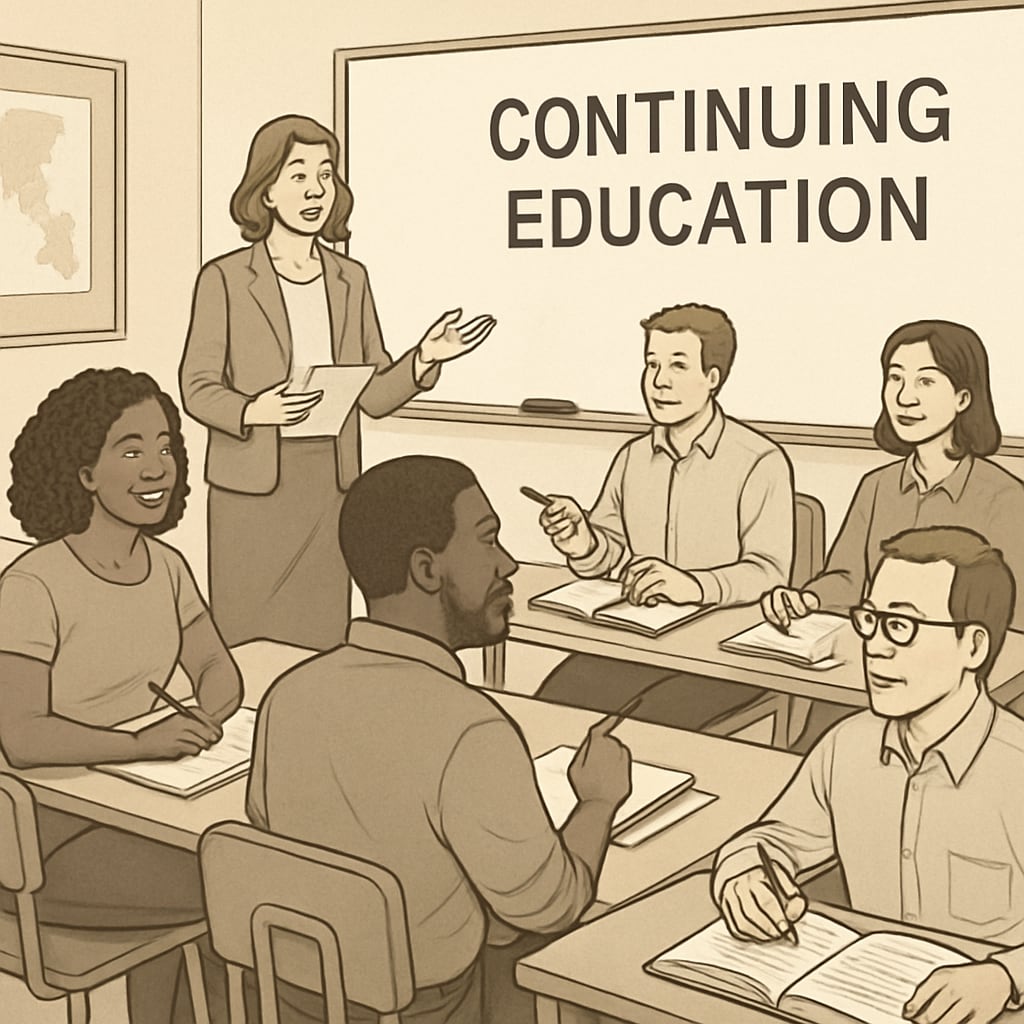For many individuals, receiving a modified high school diploma can evoke mixed emotions. While it signifies the completion of a critical chapter, it may also carry a sense of regret and stigma. The question often arises: “Did I make the right choice?” This article delves into the feelings of regret tied to a modified high school diploma, explores the systemic factors that contribute to this, and provides actionable steps to redefine your self-worth and embrace new opportunities.

The Emotional Weight of a Modified High School Diploma
A modified high school diploma is often granted to students who face academic or personal challenges that make completing a standard curriculum difficult. While it represents an achievement, societal perceptions can make recipients feel as though their diploma is “less than” a traditional one. This feeling of inadequacy can lead to regret and self-doubt, especially when peers move on to college or career paths seemingly unobstructed.
Regret tied to a diploma often stems from external pressures. For example, societal norms tend to equate educational attainment with self-worth. As a result, individuals with modified diplomas may feel labeled or judged, even if their circumstances necessitated this path. These emotions can hinder their ability to see the value in their unique journey.
Addressing Systemic Issues in Education
The root of this regret is often embedded in the education system itself. Schools are designed to prioritize standardization, which can marginalize students who need alternative pathways. This “one-size-fits-all” approach often fails to celebrate diverse learning needs and achievements, leaving students with modified diplomas to feel like outliers rather than equal participants in their education.
In addition, the lack of awareness about what a modified diploma actually represents exacerbates the stigma. Many people—including employers and educators—misunderstand its purpose. Clarifying its meaning and promoting the adaptability of educational systems can help reduce negative perceptions.
Practical Steps to Redefine Your Self-Worth
Overcoming regret and redefining your personal value requires a shift in mindset and actionable strategies. Here are some practical steps to help you move forward:
- Focus on Your Strengths: Identify the unique skills and talents you bring to the table. Whether it’s creativity, persistence, or problem-solving, these qualities often matter more than the type of diploma you earned.
- Pursue Further Learning: Education doesn’t have to stop at high school. Look into trade schools, certification programs, community colleges, or online courses to build your knowledge and credentials.
- Network Strategically: Connect with mentors, peers, and professionals who value diverse educational backgrounds. Their support and guidance can open doors to new opportunities.
- Challenge Negative Beliefs: Replace self-doubt with affirmations that celebrate your resilience and achievements. Remember, success is not defined by a single piece of paper.
By taking these steps, you can shift the narrative from regret to empowerment. Your diploma, modified or not, is just one aspect of your story—it does not define your future potential.

Finding Success Beyond the Diploma
One of the biggest misconceptions about success is that it follows a linear path. In reality, many people achieve greatness by taking unconventional routes. For example, consider Steve Jobs or Richard Branson—both successful entrepreneurs who did not follow traditional educational paths but instead focused on their passions and strengths.
Success after a modified diploma is not only possible but also common. Many industries value skills, experience, and determination over formal education. Fields like technology, healthcare, and the arts often prioritize practical expertise and a willingness to learn. By leveraging your unique abilities and pursuing growth opportunities, you can build a fulfilling career that transcends societal labels.
As education systems evolve, it’s crucial to advocate for greater inclusivity and recognition of alternative achievements. This shift will help remove the stigma surrounding modified diplomas and empower individuals to embrace their paths without regret.
Conclusion: Owning Your Journey
Regret over a modified high school diploma is understandable, but it doesn’t have to define your future. By addressing systemic issues, challenging personal doubts, and embracing growth opportunities, you can transform this perceived limitation into a stepping stone for success. Remember, your value is not determined by a diploma but by your actions, resilience, and commitment to personal growth. The journey ahead is yours to shape.
Readability guidance: This article uses short paragraphs, lists, and transition words to enhance clarity. Images are used to complement key themes, and external resources provide additional context for readers.


